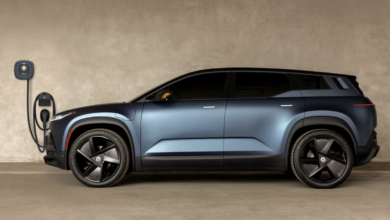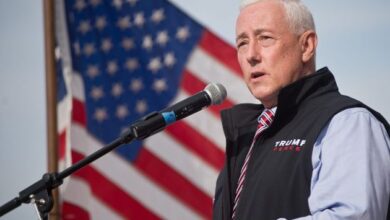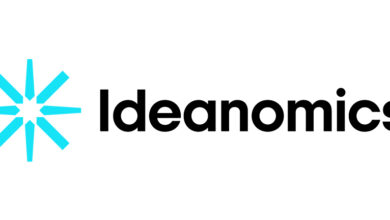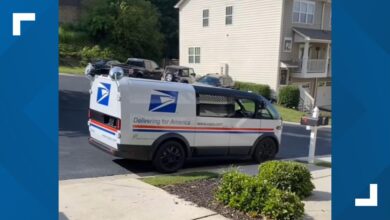LG Energy Solution hits 90% battery yield within a month of TN plant operation: report
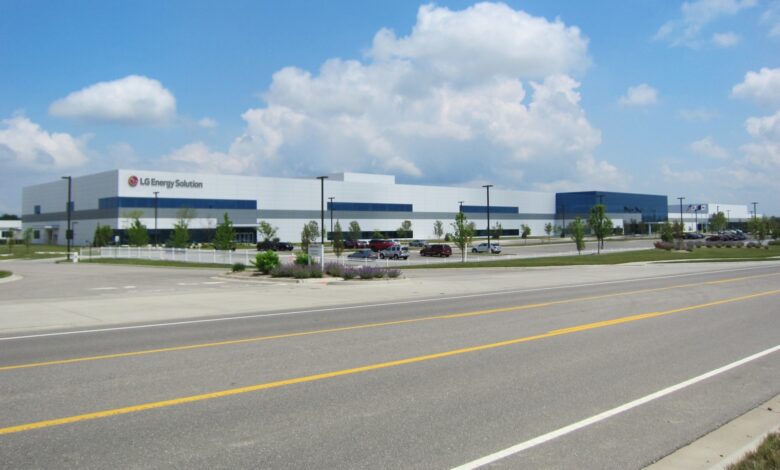
LG Energy Solution (LGES) and General Motors (GM) ‘s joint battery facility in Tennessee seems to be hitting its stride. Dubbed Ultium Cells Plant 2, the facility is expected to reach a total production capacity of 50 GWh, which should be enough to support the production of 600,000 high-performance electric cars that can travel 500 km (310 miles) per charge.
Kim Young-deuk, head of Ultium Cells‘ second factory, noted that the facility was able to quickly achieve its target yield in a short period of time. “We achieved the target yield of over 90% in just one month of mass production, the shortest period in history,” Kim noted.
As noted in a Maeil Business Newspaper report, Ultium Cells Plant 2 covers an area of 257,000 square meters (2.8 million square feet), and it currently employs about 1,200 people. LG Energy Solution and GM invested a total of 2.7 trillion won ($1.96 billion) to build the facility, which started full operations on March 2024. So far, the batteries being produced at the site are being used for the Cadillac Lyriq.
GM’s Chief Executive Officer Chris DeSautels shared his optimism about the plant’s milestones. “The successful launch of the high-end vehicle Lyriq will be an important milestone in the long-standing GM-LG partnership,” DeSautels noted.
While Ultium Cells Plant 2 currently makes batteries for the Lyriq, plans are underway for the facility to also provide electric vehicle batteries to GM’s new third-generation electric cars. These include the Chevrolet Equinox EV, which is expected to start deliveries this 2024. Considering the Equinox EV’s relatively affordable price, Ultium Cells Plant 2 would likely need to produce quite a lot of batteries for the vehicle.
It should be noted that LG Group is also building a cathode material production plant in Clarksville, Tennessee. Construction for this facility started in December 2023. Previous reports have also indicated that LGES is looking to start 4680 battery cell production at its Ochang, South Korea facility. The 4680 battery cells from the Ochang plant will be used by one of the company’s largest clients, Tesla.
Don’t hesitate to contact us with news tips. Just send a message to simon@teslarati.com to give us a heads up.
